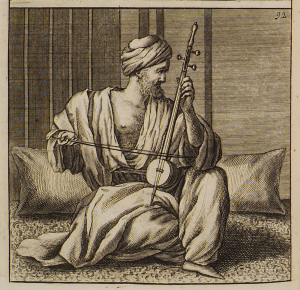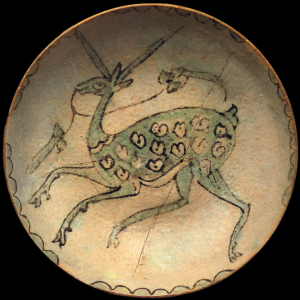(Boylove Documentary Sourcebook) - The Pleasures of Wine-Drinking and Pederasty in a Poem by Moses Ibn Ezra: Difference between revisions
Modified the name of a category |
|||
| Line 61: | Line 61: | ||
*[https://academia.edu/2343800/Norman_Roth_Deal_Gently_with_the_Young_Man_Love_of_Boys_in_Medieval_Hebrew_Poetry_of_Spain_Speculum_57_1982_20-51 Norman Roth, “‛Deal Gently with the Young Man’ – Love of Boys in Medieval Hebrew Poetry of Spain,” Speculum 57 (1982): 20-51 (Academia.edu)] | *[https://academia.edu/2343800/Norman_Roth_Deal_Gently_with_the_Young_Man_Love_of_Boys_in_Medieval_Hebrew_Poetry_of_Spain_Speculum_57_1982_20-51 Norman Roth, “‛Deal Gently with the Young Man’ – Love of Boys in Medieval Hebrew Poetry of Spain,” Speculum 57 (1982): 20-51 (Academia.edu)] | ||
[[Category:Boylove Sourcebook]] | [[Category:Boylove Documentary Sourcebook]] | ||
[[Category:Spain]] | [[Category:Spain]] | ||
[[Category:Hebrew literature]] | [[Category:Hebrew literature]] | ||
Revision as of 09:46, 24 May 2021

From "'Deal gently with the young man': Love of Boys in Medieval Hebrew Poetry of Spain" by Norman Roth, in Speculum, Vol. 57, No. 1 (January 1982). Footnotes omitted.
Moses Ibn Ezra (1055–ca. 1135/40) is often considered the greatest of the Hebrew poets of Spain. Certainly his poetry is characterized by a complexity that is at once its greatness and the quality that makes it at times maddeningly difficult to comprehend. Practically all of the genres and most of the motifs of medieval Hebrew poetry are represented in his work, and it is impossible any longer to label him with such simplistic titles as “the penitent” (ha-salḥan), as was often done in the Jewish community because of his liturgical poetry.
[...]
The following poem combines the greatest imaginable pleasures—a cup of wine and a boy:
Desire of my heart and delight of my eyes—
A fawn beside me and a cup in my hand!
Many admonish me, but I do not heed;
Come, O gazelle, and I will subdue them.
Time will destroy them and death shepherd them.
Come, O gazelle, rise and feed me
With the honey of your lips, and satisfy me.
Why do they hold back my heart, why?
If because of sin and guilt,
I will be ravished by your beauty—God is there!
Pay no attention to the words of my oppressor,
A perverse man—come and try me!
He was enticed, and we went up to his mother’s house,
And he gave his shoulder to my burden.
Night and day I was only with him.
I undressed him, and he undressed me;
I sucked his lips and he sucked mine.
When I left my heart as a pledge in his eyes,
The burden of my guilt was also weighed in his hand.
He sought enmity, and inflicted his anger,
And angrily cried, “Enough; leave me!
Do not force me, and do not entice me.”
Do not be angry with me, gazelle, to destruction—
Extraordinary is your will, my dear, extraordinary!
Kiss your beloved and fulfill his desire.
If it is in your soul to give life, revive me—
Or if your desire is to kill, kill me!

See also
- Adult friend (dictionary)
- Age of attraction (dictionary)
- Boylove
- Ephebophilia
- Loved boy (dictionary)
- Minor-attracted person (dictionary)
- Pederasty in the Middle East and Central Asia
- Pedophilia
- Young friend (dictionary)